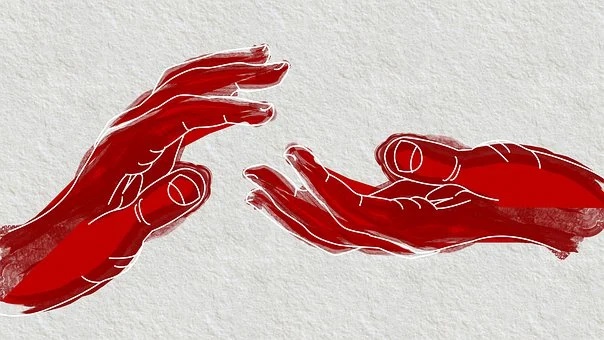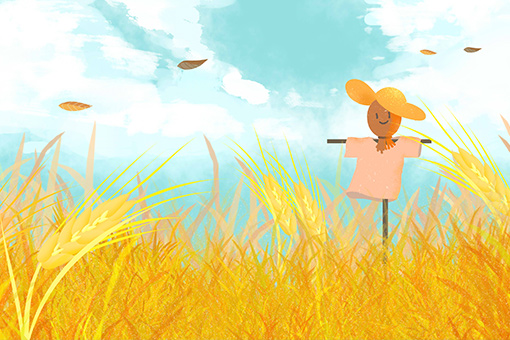We should not indulge in our present petty merit, enjoying eating hotpot and playing Majang daily and believing this is the life style of heaven. We need to gain an understanding that all the unexpected incidents fall on us out of our expectation. It’s necessary for us to review "The Words of My Perfect Teacher", Lama Tsong Khapa’s "The Great Treatise on the Stages of the Path to Enlightenment", and the chapter of the suffering of samsara of Longchenpa’s "Finding Comfort and Ease in the Nature of Mind".
~Depicted from LUMINOUS WISDOM BOOK SERIES











